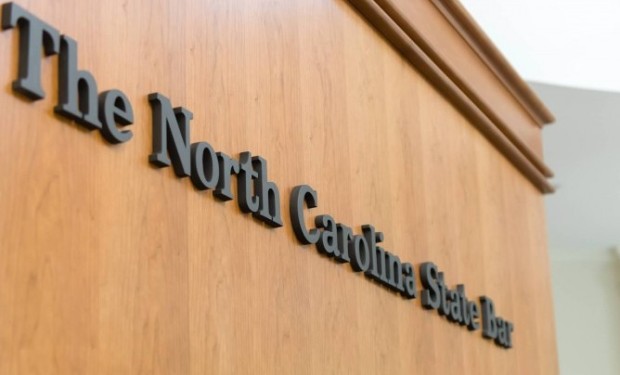2014 Formal Ethics Opinion 8: Accepting an Invitation from a Judge to Connect on LinkedIn
View the Formal Ethics Opinion in Full Here.
The Ethics Committee adopted 2014 Formal Ethics Opinion 8 at its meeting on January 23, 2015. The opinion examines the ethics of a lawyer accepting an invitation from a judge to connect on LinkedIn, the popular social networking website for professionals.
Social networking websites have become a major tool to utilize for job searches as well as connections in the professional world, including the legal profession.
According to the opinion, the same rules of ethics that govern a lawyer’s social interactions with a judge are also applicable to social media. Particularly relevant to this inquiry are Rules 3.5 and 8.4(f) of the North Carolina Rules of Professional Conduct. The duties imposed by these rules include avoiding conduct prejudicial to the administration of justice, stating or implying an ability to improperly influence a government agency or official, and ex parte communications with a judge regarding a legal matter or issue the judge is considering. After considering these duties, a lawyer may be required to decline a judge’s invitation.
A lawyer may accept an invitation from a judge to connect on a professional networking site like LinkedIn, provided that doing so does not violate any general rules of professional conduct. A lawyer may also send an invitation to connect to a judge, endorse a judge’s legal skills or expertise, or write a recommendation on the judge’s profile page, always subject to the duties imposed by Rules 3.5 and 8.4. However, a lawyer may not accept a judge’s endorsement or recommendation on his own LinkedIn profile page because doing so might create the appearance of partiality by the judge. If a lawyer is endorsed or recommended by a person who later becomes a judge, that endorsement or recommendation must be taken down. Furthermore, endorsements or recommendations from any person may not be false or misleading, subject to the provisions of Rule 7.1(a).
The holdings set forth in the opinion apply to all social media applications, including Facebook, Twitter, Google+, Instagram, and Myspace.


